burning garden area to kill weeds
ladyteresa
15 years ago
Featured Answer
Sort by:Oldest
Comments (9)
kris_zone6
15 years agolindac
15 years agoRelated Professionals
Hyattsville Landscape Architects & Landscape Designers · Oatfield Landscape Architects & Landscape Designers · Bell Gardens Landscape Contractors · Longmont Landscape Contractors · North Plainfield Landscape Contractors · Oak Forest Landscape Contractors · Parkland Landscape Contractors · Shirley Landscape Contractors · Tinton Falls Landscape Contractors · Wayland Landscape Contractors · Palmetto Decks, Patios & Outdoor Enclosures · Wentzville Decks, Patios & Outdoor Enclosures · The Crossings General Contractors · Pocatello General Contractors · Rossmoor General Contractorsleaveswave
15 years agocalliope
15 years agomwoods
15 years agomeldy_nva
15 years agocalliope
15 years agoHU-334823354
2 years ago
Related Stories

EDIBLE GARDENSNatural Ways to Get Rid of Weeds in Your Garden
Use these techniques to help prevent the spread of weeds and to learn about your soil
Full Story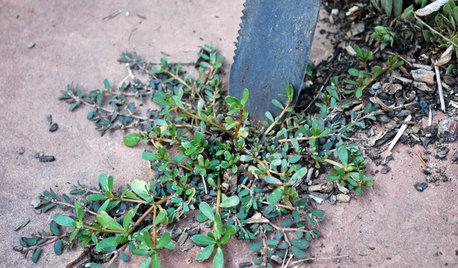
GARDENING GUIDES5 Ways to Naturally Win the Weed War
Show irksome weeds no mercy with these tricks for combating them sans chemicals
Full Story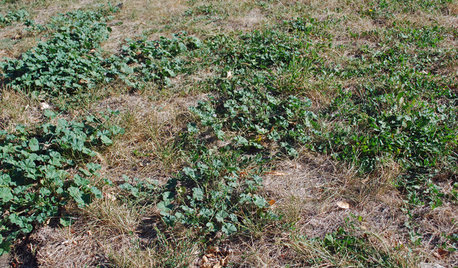
GARDENING GUIDESWeed War: When and How to Use Chemical Herbicides
Before you spray, arm yourself with knowledge about which weed killers — natural or synthetic — are right for your yard
Full Story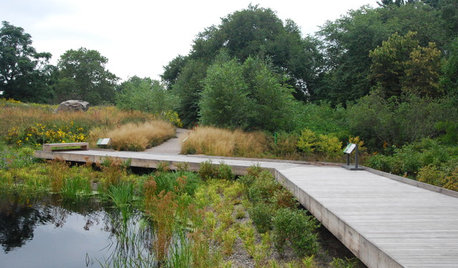
GARDENING GUIDESLet's Weed Out 4 Native Plant Myths
Plant wisely for a garden that supports pollinators and requires less work
Full Story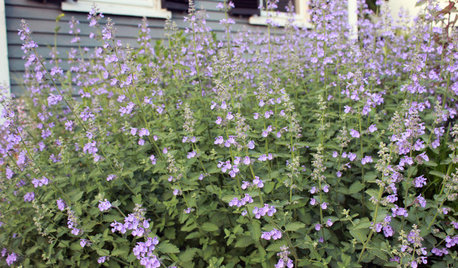
GARDENING GUIDES5 Weed-Smothering Ground Covers
Let these landscape plants do the dirty work of choking out weeds while you sit back and enjoy the view
Full Story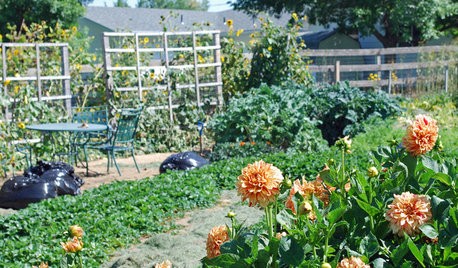
GARDENING GUIDESTackle Weeds the Natural Way
Instead of dousing your yard with chemicals to wipe out weeds, let time and nature work their magic via smothering and solarization
Full Story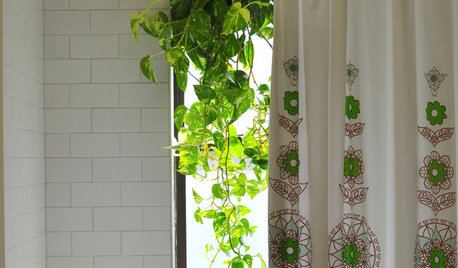
MOST POPULARThe Perfect Houseplant for People Who Kill Houseplants
If you can fill a jar with water, you can keep golden pothos vine happy — and it will pay you back with cleaner air and a greener home
Full Story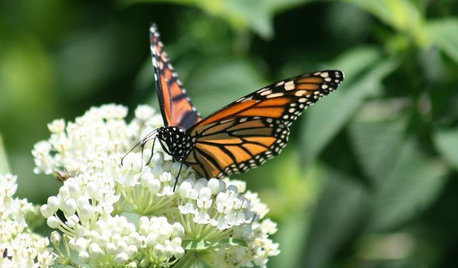
GARDENING GUIDESGreat Design Plant: Milkweed
Quit cringing. This not-weed plant is a sight to behold in the garden, has a delicious vanilla scent and is a magnet for butterflies
Full Story
GARDENING FOR BUTTERFLIES3 Ways Native Plants Make Gardening So Much Better
You probably know about the lower maintenance. But native plants' other benefits go far beyond a little less watering and weeding
Full Story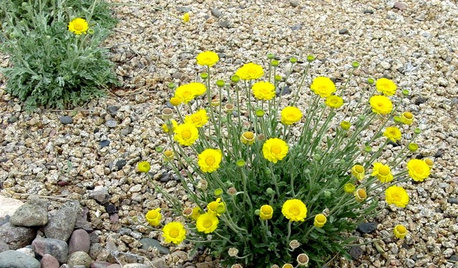
GARDENING GUIDESGreat Design Plant: Desert Marigold Cheers Up Hot, Dry Areas
Sunny but tough, this perennial thrives with little water and lots of sun
Full Story





andie_rathbone